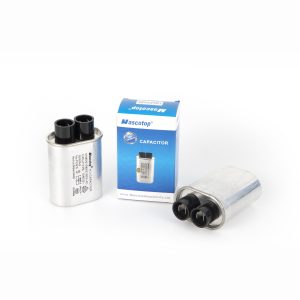
Capacitors are electronic components that store electrical energy in an electric field. They are used in a variety of electronic devices such as smartphones, televisions, and computers. However, the market for capacitors has been plagued by the issue of counterfeit products. Counterfeit capacitors can cause significant damage to electronic devices, leading to safety hazards and financial losses.
Table of Contents
ToggleCounterfeit capacitors are inferior copies of genuine capacitors that are manufactured and sold with the intention of deceiving consumers. These counterfeit products are often sold at a cheaper price and may appear identical to genuine products, making it difficult for consumers to differentiate between the two. Counterfeit capacitors are typically made using substandard materials, which can lead to a range of problems such as reduced lifespan, poor performance, and even safety hazards.

Capacitor manufacturers have taken several steps to address the issue of counterfeit products. One of the most significant steps taken by manufacturers is the use of anti-counterfeit measures. These measures can include using unique product codes or holographic labels on products to help consumers identify genuine products. These anti-counterfeit measures can be expensive to implement, but they are necessary to protect consumers and ensure that genuine products are not undermined by counterfeit copies.
Supply chain management is also an important consideration for manufacturers looking to address the issue of counterfeit products. Counterfeit products can enter the supply chain at any point, from raw materials to finished products. Manufacturers must, therefore, take steps to ensure that their supply chain is secure and that counterfeit products are not able to enter the market. This can involve working closely with suppliers to ensure that they are reputable and implementing strict quality control measures throughout the production process.
Collaboration among manufacturers and industry organizations is also an important step in addressing the issue of counterfeit products. By working together, manufacturers can share information about counterfeit products and identify potential risks in the market. Industry organizations can also provide support to manufacturers by offering training and education programs on how to identify and prevent counterfeit products.
Consumer awareness and education are also important factors in addressing the issue of counterfeit products. Consumers need to be aware of the potential dangers of counterfeit products and the steps they can take to protect themselves. Manufacturers can help by providing information on their websites about how to identify genuine products and by working with retailers to ensure that products are clearly labeled as genuine.